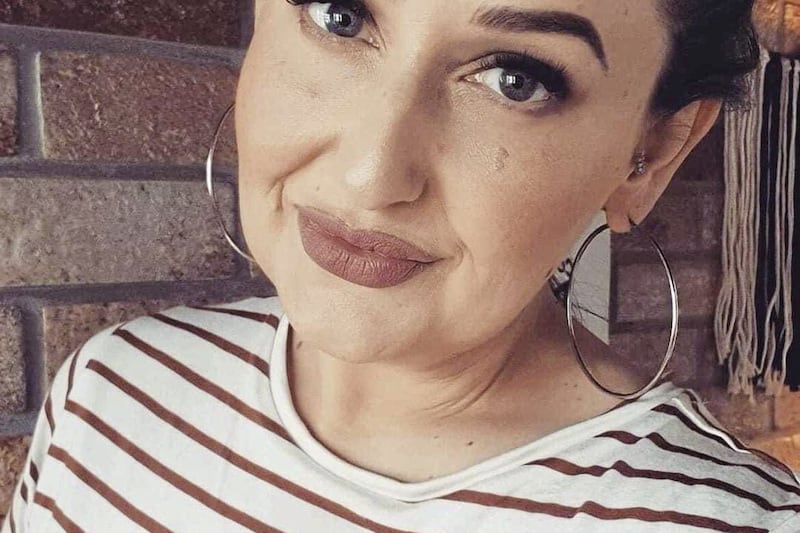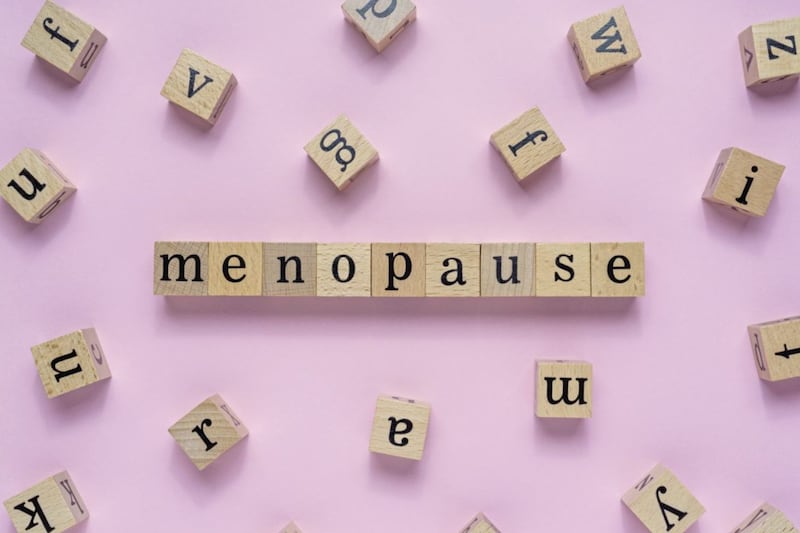HAVE you ever thought, 'I'll speak to the pharmacist about this'? Maybe when you're under the weather but not quite poorly enough to make an emergency GP appointment or rush to A&E, or when you're unsure about a new prescription and possible side-effects, or even just for general advice on, say, managing high blood pressure.
We've all read reports in recent years about how community pharmacies are under-used, yet could play a significant role in helping reduce the pressure on over-stretched GP practices and A&E departments – as well as providing a potentially very useful service to the public.
"People are definitely using their pharmacist as a first port of call for non-serious ailments but there will always be a need to promote this message," says Boots UK pharmacist Angela Chalmers. "It's important people are reassured that even if it's something the pharmacist is unable to treat, then they will be signposted in the right direction."
The services don't stop at minor ailments, either. Did you know, for instance, at many pharmacies you can pop in for advice on managing diabetes, get your cholesterol levels checked or find out which vaccines you'll need before travelling?
While pharmacists' expertise centres on medications, "dispensing prescriptions is only part of what they can do" says Steve Riley, Care spokesperson and clinical pharmacist, and director at Medicines Optimisation Ltd.
Here are six reasons to consider consulting your pharmacist:
Pharmacists have time to talk
If you've left your GP appointment feeling a bit confused about your new prescription, or didn't remember – or have time – to ask all the questions you'd gone in with, a pharmacist might prove immensely helpful.
Not only are they armed with knowledge on all things related to pharmaceuticals, they're trained – and used – to talking to the public.
"Pharmacists are trained, have counselling skills and we talk to people all day. We deal with sensitive issues all the time, so are used to being sympathetic and tactful if someone wants a quiet word," says Chalmers.
"You can get services and advice from any pharmacy; it doesn't have to be where you get regular medicines from. The team working alongside the pharmacist [pharmacy technicians, dispensers and counter assistants] are also trained to support and help you," adds Riley.
They can point you in the right direction
Lots of people put off going to see their GP because they don't want to be a burden, and sometimes you simply might not be sure whether your symptoms warrant a proper check or might be an A&E-worthy emergency, or perhaps you're just too anxious to go for that routine hospital scan. Speaking to your pharmacist could help you feel reassured that you're making the most sensible decision.
"Pharmacists are great at signposting you to the right health provider," says Chalmers. "This provides reassurance if people are confused about where to turn. You can even phone your local pharmacist to see what direction you need to go in."
Riley points out: "Pharmacists follow a professional code of ethics, similar to GPs. The key one is to put your needs first. So you can be assured they will provide quality advice, suitable treatment and refer you to another health professional or service if required."
There are lots of specialised services to make use of
From weight loss and sexual health advice, support and assistance in quitting smoking (which is available on the NHS) through to blood pressure checks and type 2 diabetes screening, pharmacies can be a great way of staying up to date with vital health checks. "Visit your local pharmacy to find out which services they offer to support you," suggests Riley.
LloydsPharmacy has a range of services, including hearing tests, help with treating and living with pain, as well as skin analysis. They can also help people with managing conditions like asthma and type 2 diabetes, and making healthier lifestyle choices. Many of these will involve a one-on-one consultation and are free of charge (however, the cholesterol and heart check service costs £15).
You don't (usually) need an appointment
"A fantastic benefit for people is the accessibility of pharmacists. You can literally pick up the phone or walk in off the street and get reliable advice from a highly-qualified health professional on an array of medicines and health issues," says Riley.
If you're hoping for a chat in a consultation room, however, or to tap up one of the specific advice services or health checks, while it's often possible to just turn up, at busier times, you may be asked to make an appointment. Generally speaking, though, using your pharmacist as a first port of call where appropriate, saves you time.
And it cuts out the need to wait for an appointment – particularly for minor ailments, where you might just have to head to a pharmacy after seeing your GP anyway. Plus, as Chalmers points out, pharmacy opening hours may be more helpful for people struggling to get a doctor's appointment after work or at the weekend.
It can be private and confidential too
If the idea of talking about your health concerns at the pharmacy counter, where other customers might be standing around, makes you feel uncomfortable, that needn't be a reason not to tap up your pharmacist for advice. Most of the larger chain pharmacies, like Boots and LloydsPharmacy, will have consultation rooms, and you can also ask at your small local pharmacy if you can have a discreet chat.
"Confidentiality is paramount," says Freemantle. "All LloydsPharmacy services have a consent form that the customer would sign. Customer details are collected, but they are not shared externally, with the exception of needing to refer them to their GP due to very high levels of blood glucose, cholesterol or blood pressure."
For more information see boots.com/en/Pharmacy-Health








